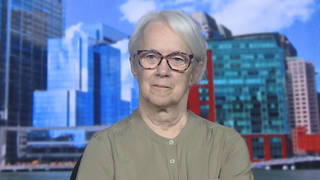
Topics
The U.N. Security Council last week formally endorsed East Timor 's plans to declare independence on May 20 of next year, pledging that the United Nations will “remain engaged” in the world's newest nation.
It’s been more than two years since the people of East Timor voted overwhelmingly for independence in August 1999after 24 years of brutal Indonesian occupation, only to see Indonesian troops burn the country to the ground, killing thousands and displacing virtually the entire population. [And it’s ten years to the day since Indonesian troops massacred hundreds of Timorese in the Santa Cruz cemetery with U.S. weapons, igniting an international solidarity movement to support East Timor’s freedom struggle.]
Just as many now characterize downtown Manhattan as “ground zero,” many described the devastated ruins of East Timor’s capital of Dili in the same manner in September 1999.
But the reaction of the US and it allies to the two ground zeros could not be more different. In the case of NewYork, they vow to hunt down the alleged perpetrators of atrocities and now carpet bomb Afghanistan in the name offighting terrorism.
In the case of East Timor, the US and its allies brush off calls for the international prosecution of the terrorists and instead work to establish warm relations with them, even as they continue to murder and torture elsewhere in Indonesia.
The US response to terrorism in New York and East Timor illustrates that at least for the powerful, not all groundzeros—nor the crimes against humanity that create them—are equal.
Guest:
- Matthew Jardine, a writer on human rights issues. He is the author of ??East Timor: Genocide in Paradise and is currently writing a book on the making of “Ground Zero”in East Timor in 1999.












Media Options